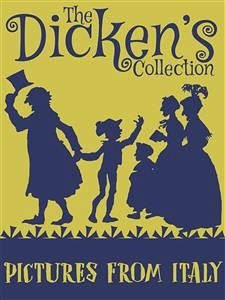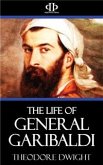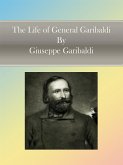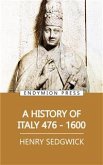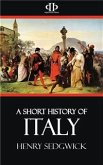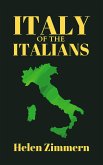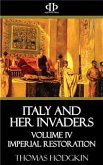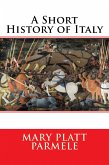In 1844, Charles Dickens took a break from novel writing to travel through Italy for almost a year and Pictures from Italy is an illuminating account of his experiences there. He presents the country like a magic-lantern show, as vivid images ceaselessly appear before his - and his readers' - eyes. Italy's most famous sights are all to be found here - St Peter's in Rome, Naples with Vesuvius smouldering in the background, the fairytale buildings and canals of Venice - but Dickens's chronicle is not simply that of a tourist. Avoiding preconceptions and stereotypes, he portrays a nation of great contrasts: between grandiose buildings and squalid poverty, and between past and present, as he observes everyday life beside ancient monuments. Combining thrilling travelogue with piercing social commentary, Pictures from Italy is a revealing depiction of an exciting and disquieting journey. In her introduction, Kate Flint discusses nineteenth-century travel writing, and Dickens's ideas about perception, memory and Italian politics.Charles Dickens was an English writer and social critic. He created some of the world's best-known fictional characters and is regarded as the greatest novelist of the Victorian era. His works enjoyed unprecedented popularity during his lifetime, and by the twentieth century critics and scholars had recognised him as a literary genius. His novels and short stories enjoy lasting popularity.Born in Portsmouth, Dickens left school to work in a factory when his father was incarcerated in a debtors' prison. Despite his lack of formal education, he edited a weekly journal for 20 years, wrote 15 novels, five novellas, hundreds of short stories and non-fiction articles, lectured and performed extensively, was an indefatigable letter writer, and campaigned vigorously for children's rights, education, and other social reforms.
Bitte wählen Sie Ihr Anliegen aus.
Rechnungen
Retourenschein anfordern
Bestellstatus
Storno

